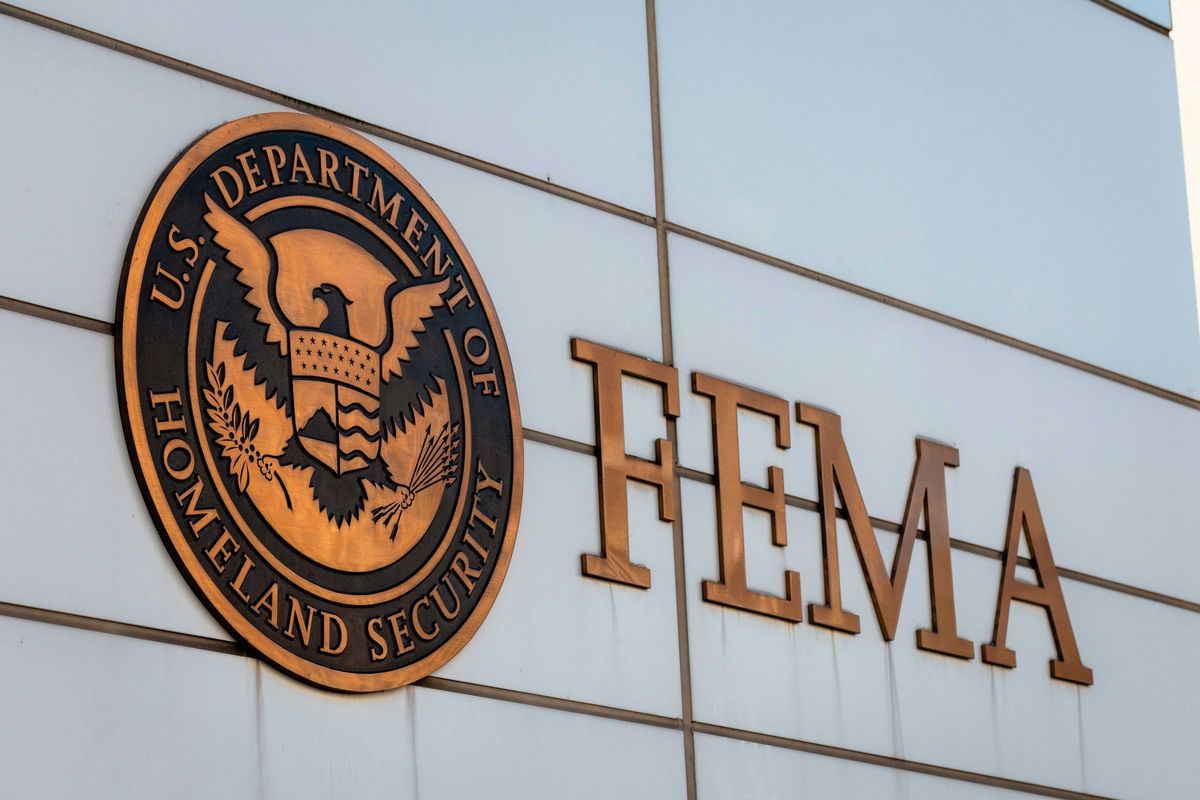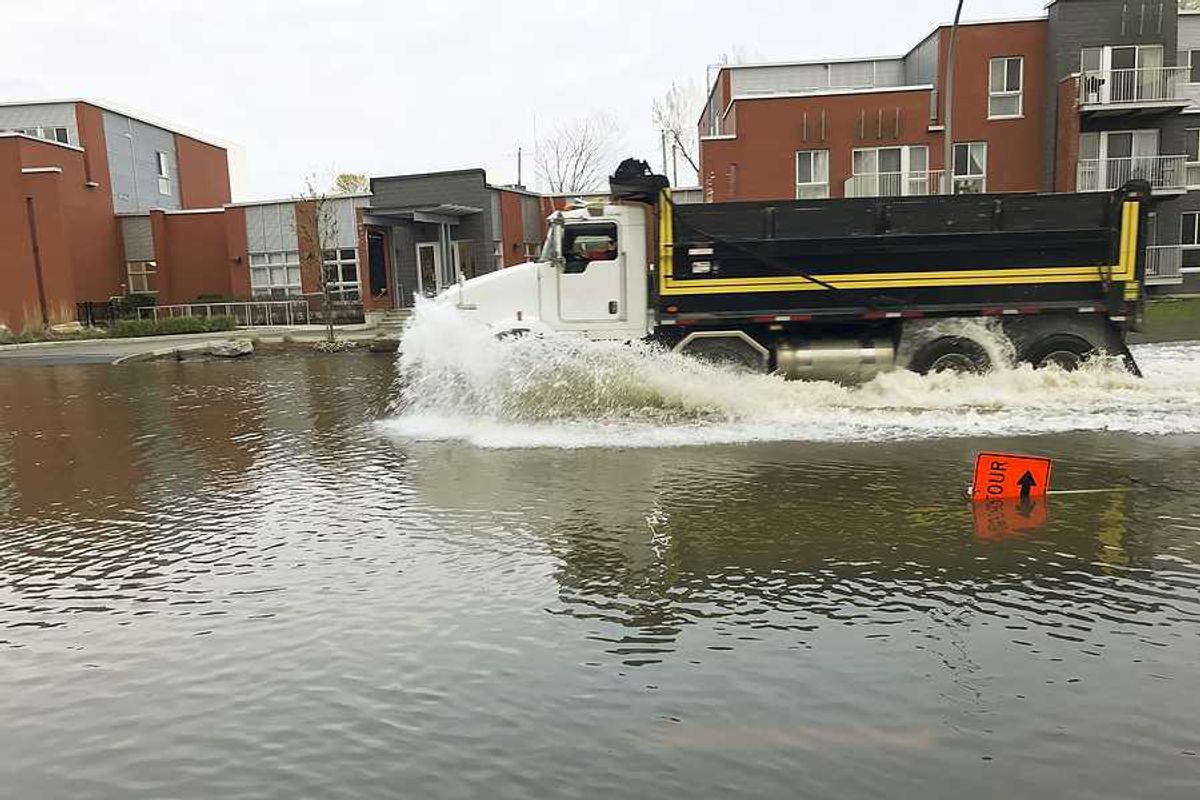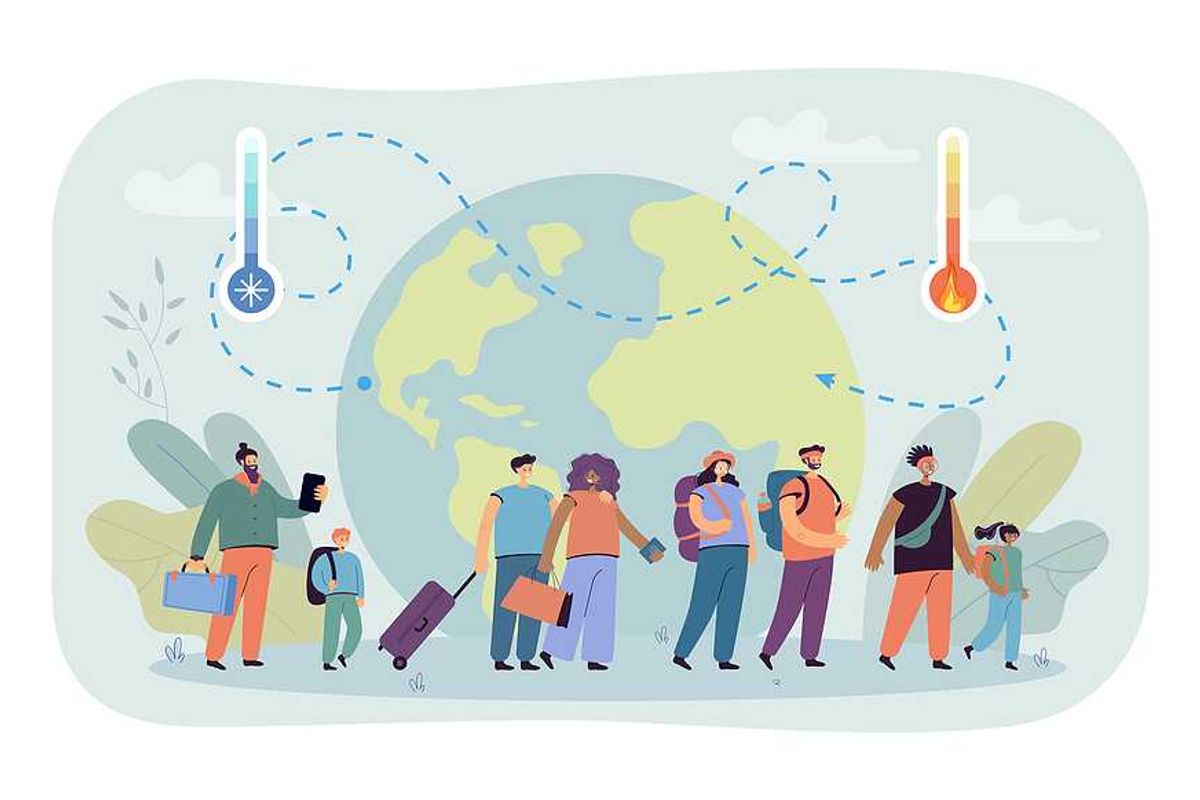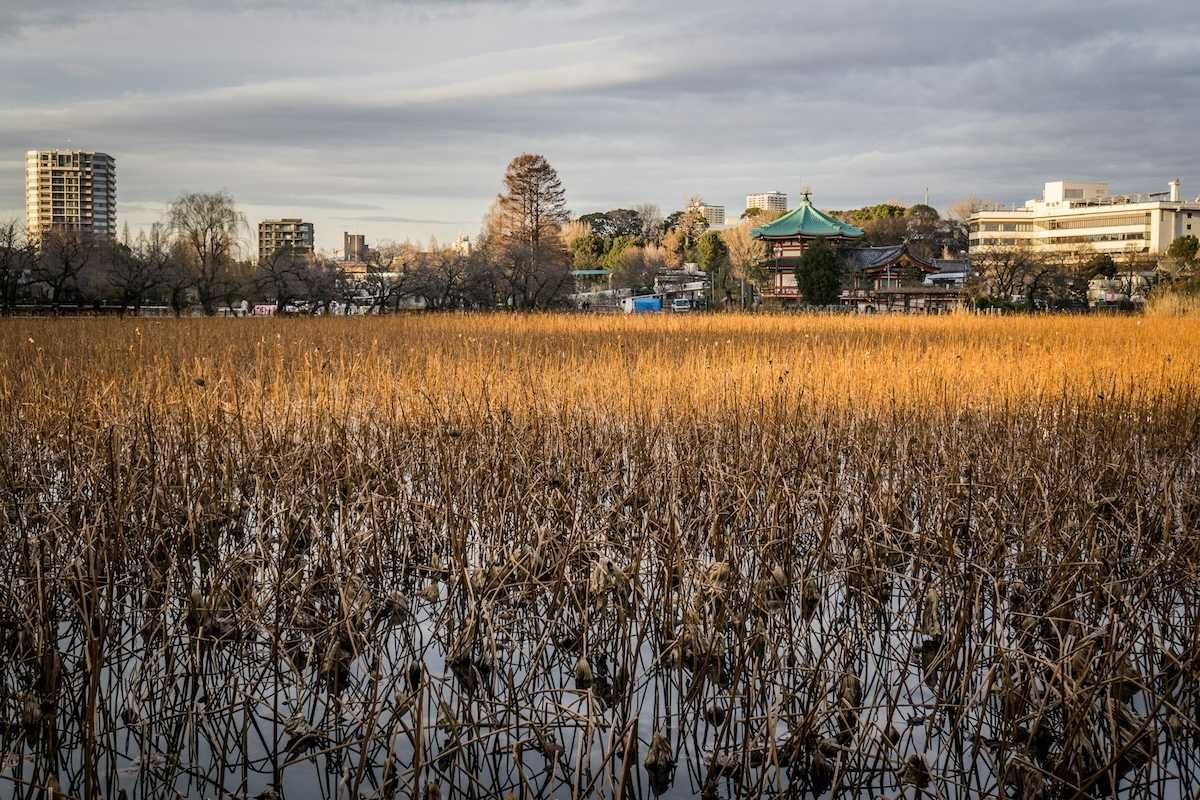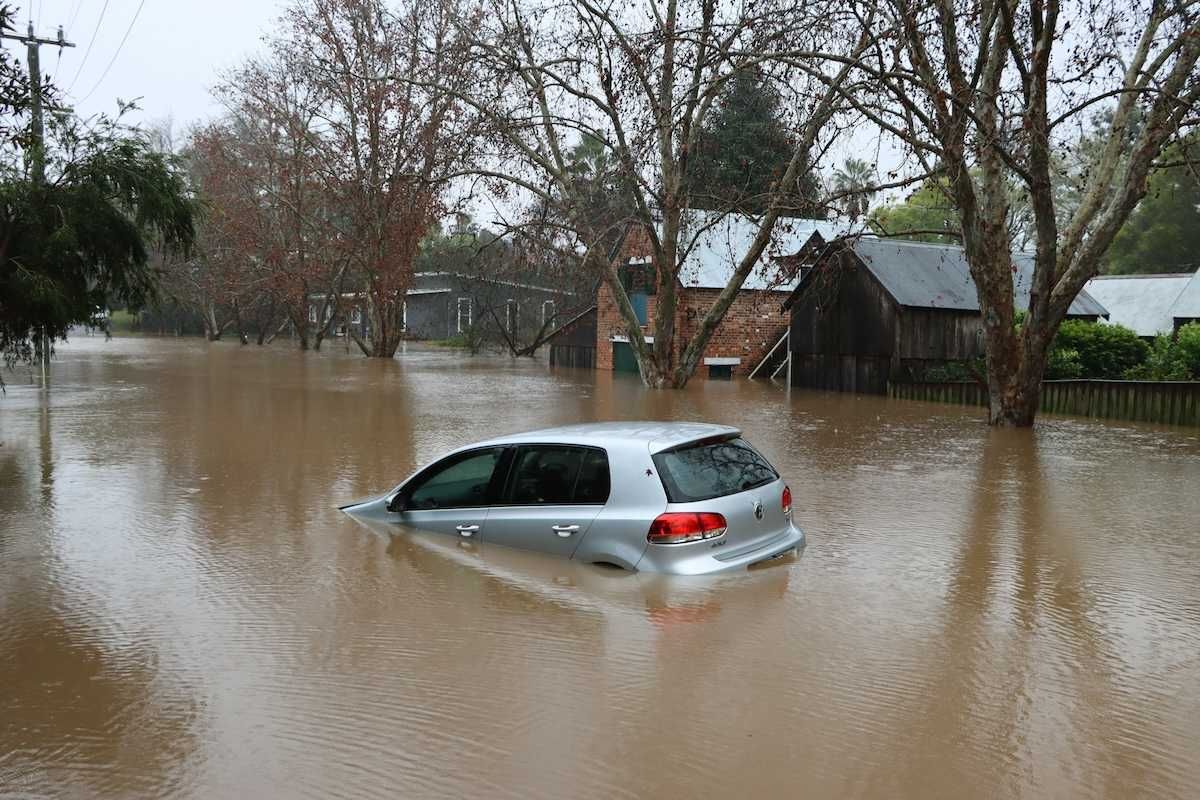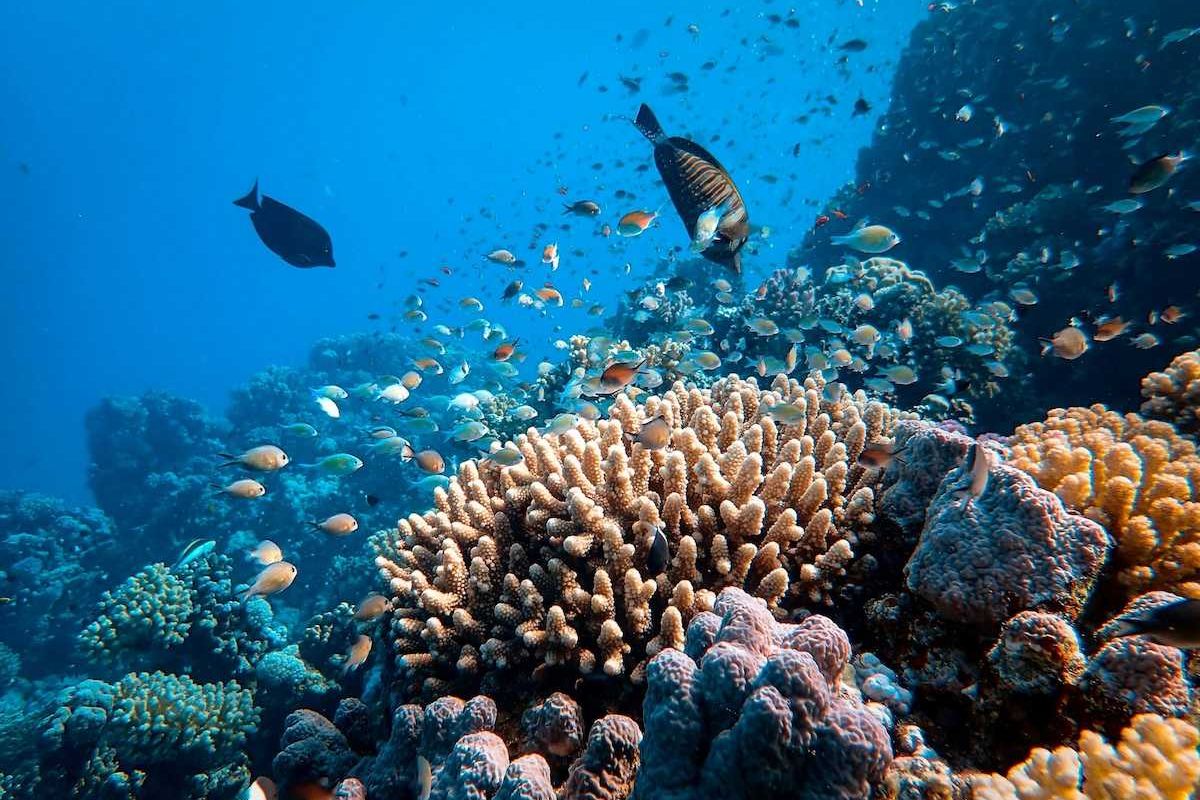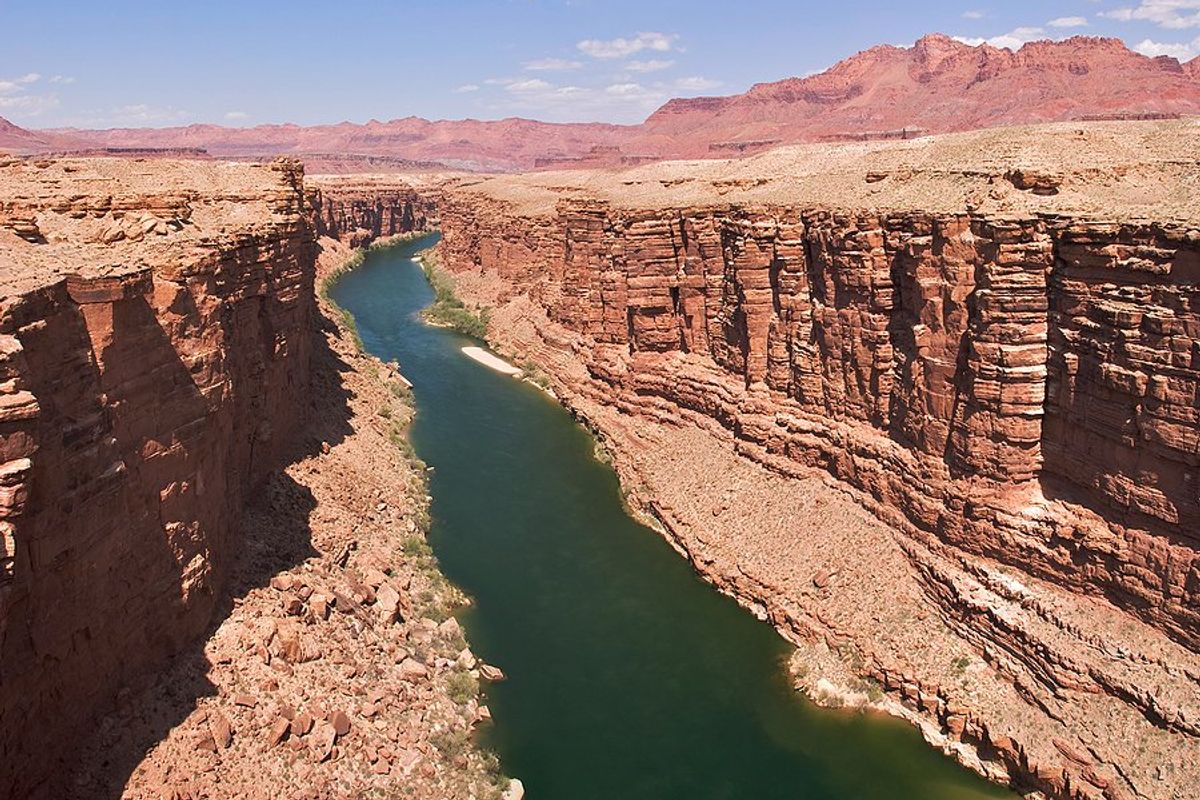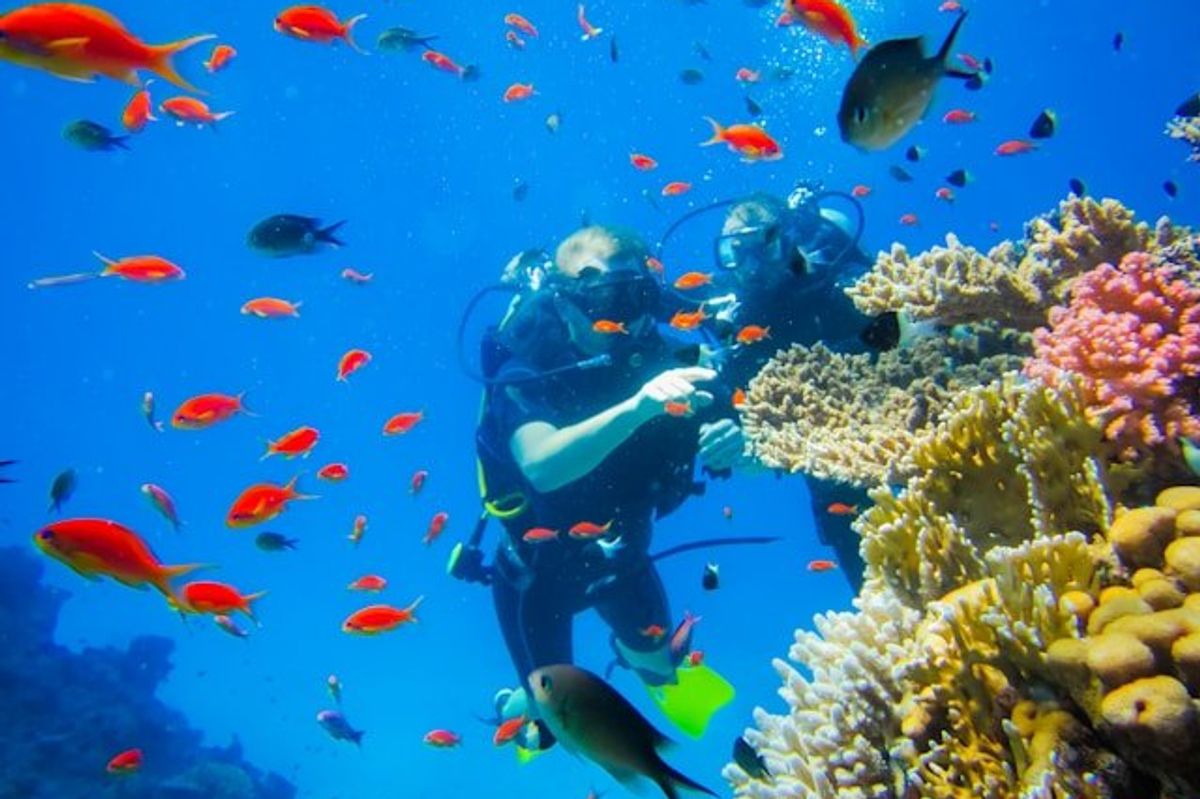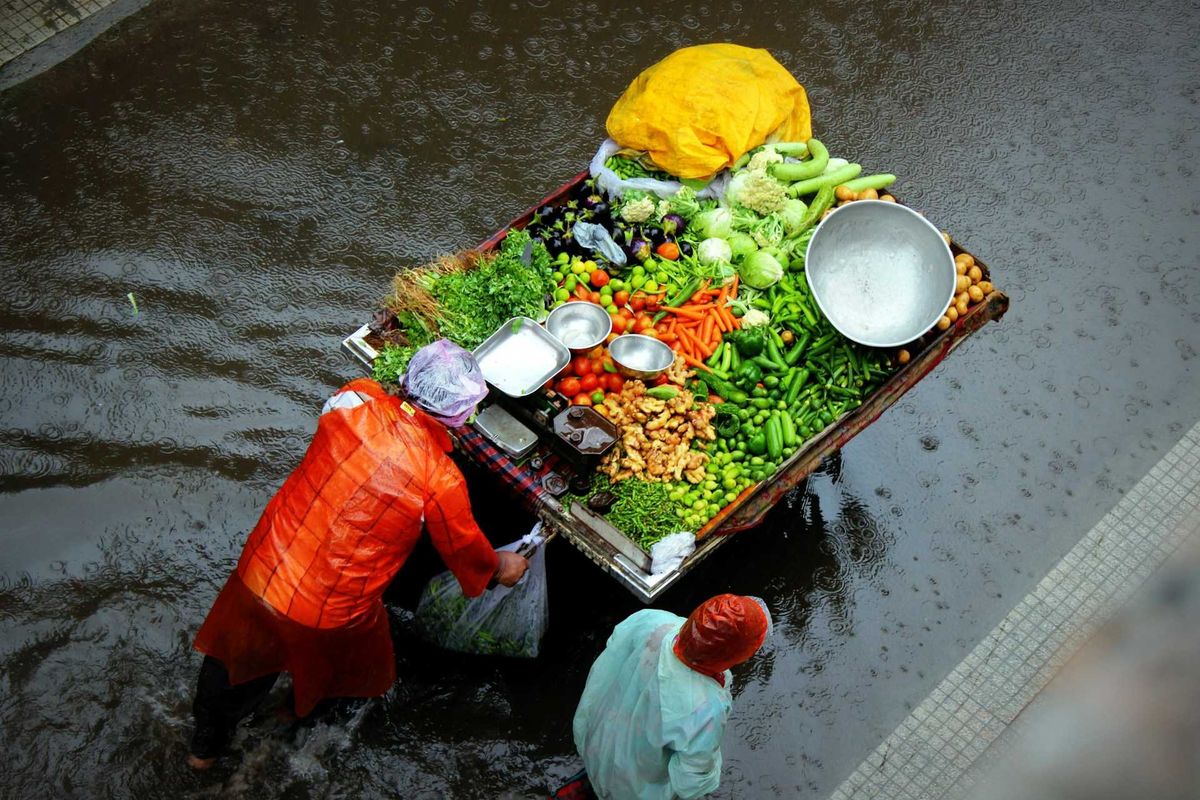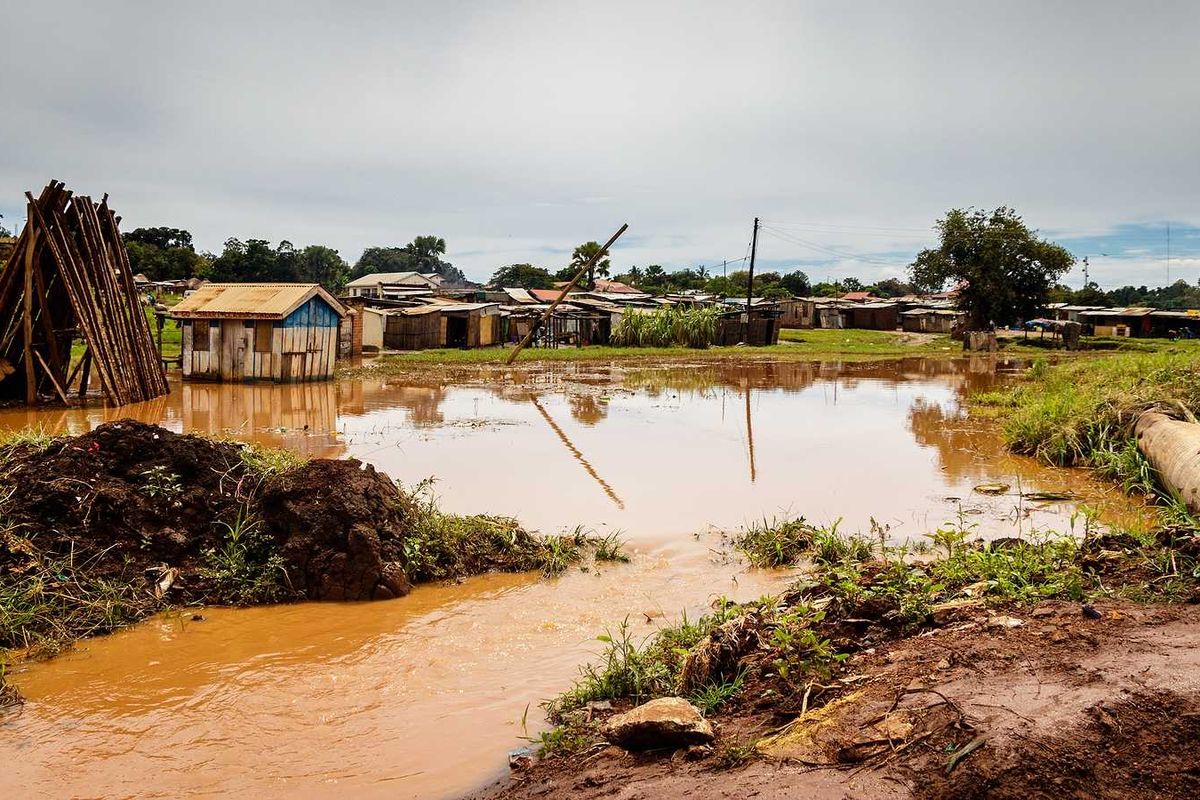The job cuts expected this month are part of a plan by the Homeland Security secretary, Kristi Noem, to remake the agency.
Resilience
Canada’s outdated flood maps put people at risk. In Montreal, a battle over updating them highlights a nationwide worry over home values and insurance costs
In his new book, Julian Hattem explores how migration can be a climate solution, not just for those who move, but their home communities as well.
New York City is expected to experience increasing rainfall over the next few decades, especially during cloudbursts—short, intense rainfall events.
Emergency managers say the US president has presided over a dangerous erosion in US capacity to prepare for and respond to natural disasters
Scientists warn that a proposed expansion of Port Everglades could cause unprecedented damage to corals in the U.S., including some of the only remaining endangered staghorn corals that survived a record-breaking heat wave.
Experts warn that the slightest increase in temperatures can trigger early blooming in hundreds of wildflower species.

What a crumbling power grid means for disabled Americans
22 December 2025
Angela Frederick's new book calls to put disability at the center of disaster planning.

Can Santa Claus survive in a melting world?
19 December 2025
As climate change warms the planet, snowy winters are becoming less certain in Europe. Those looking for classic Christmas traditions are learning to adapt.

How to protect New York’s subway in an era of extreme rainfall
19 December 2025
As the planet warms, subway systems around the world have struggled to cope with floods far beyond what they were originally designed to handle.
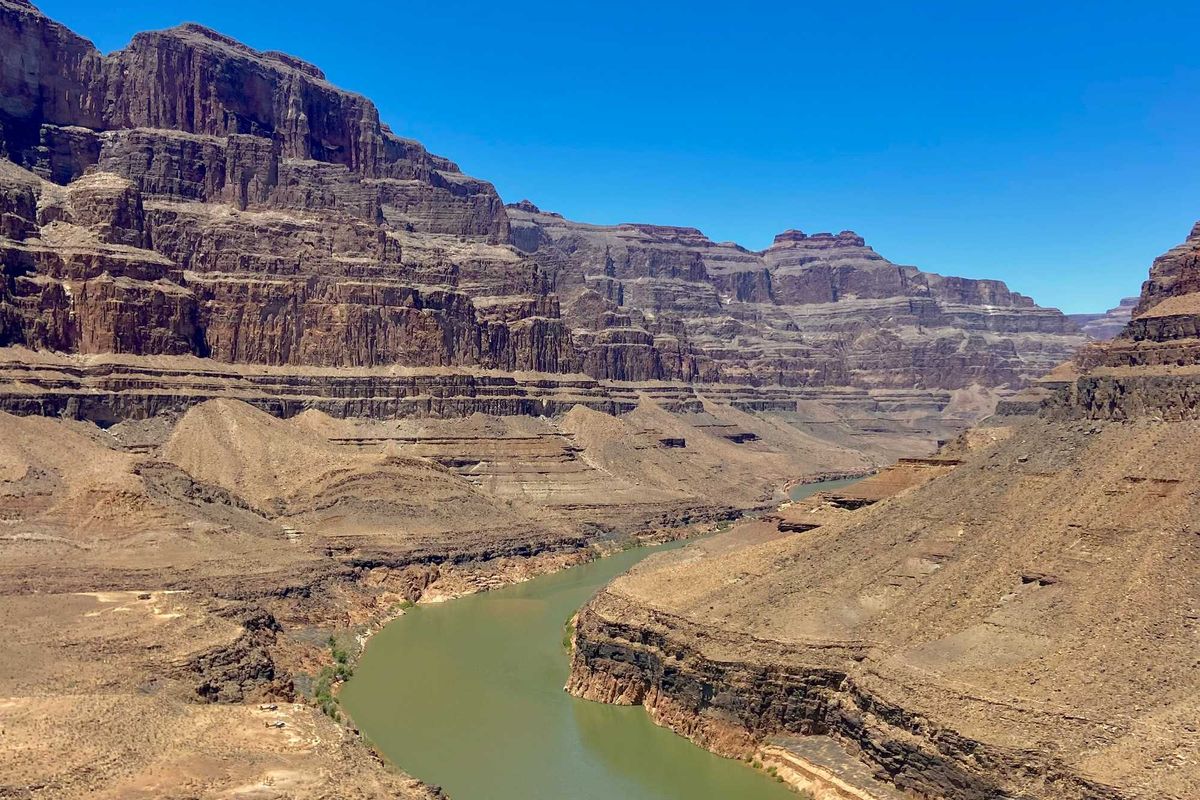
The brawl over the Colorado River is about more than water
18 December 2025
The lifeblood of the West is drying up — and scrambling state and local politics.
Interior officials are losing their patience with states as the West’s most important river teeters on the brink of crisis.
In an underwater nursery just off the Dominican Republic coast, tiny corals born in a laboratory are slowly growing under the eye of conservationists.
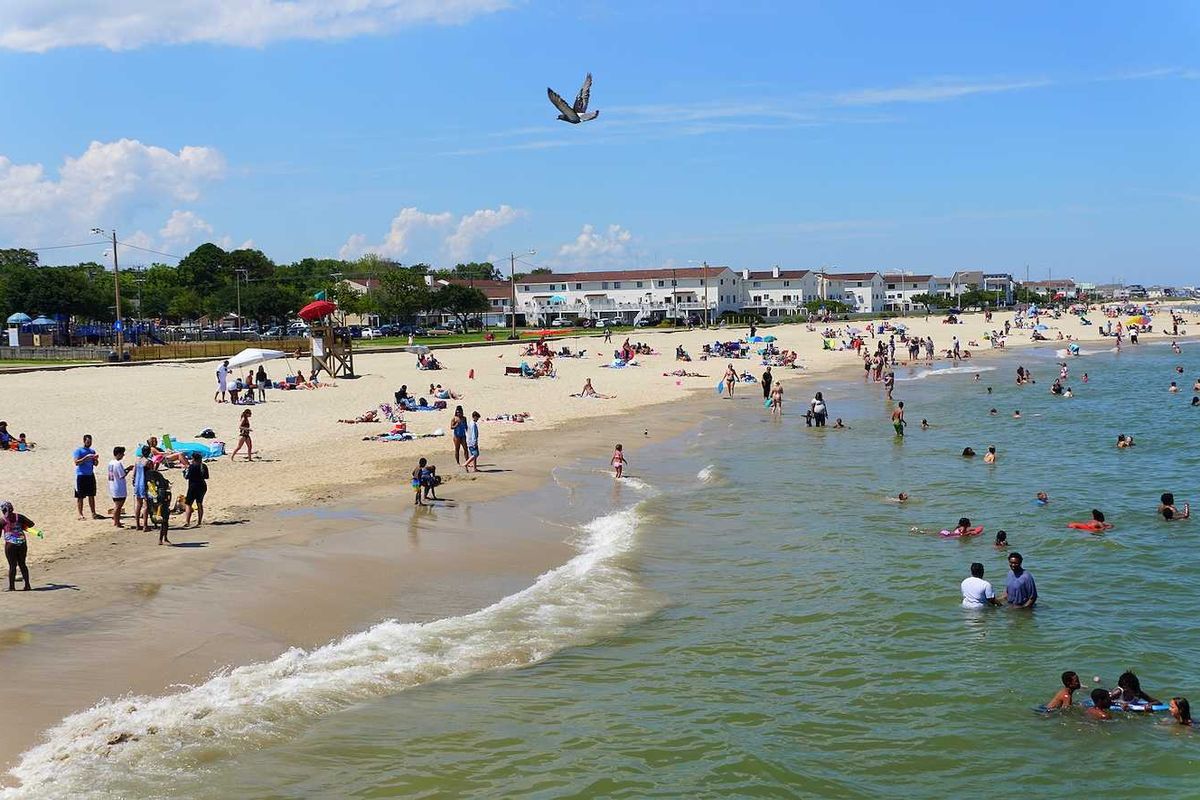
Can a flood-prone coastal city learn to live with water?
16 December 2025
Instead of billion-dollar floodwalls and surge barriers, Hampton, Virginia, is relying on rain gardens, plant-lined storage basins, restored marshes and 3D-printed concrete reefs seeded with oysters.
Rising temperatures, shifting rainfall and habitat loss are driving medicinal plants toward extinction while altering their healing properties, threatening health care systems relied on by more than 80% of the global population.
As climate impacts accelerate faster than expected, philanthropist Kelly Erhart joins The Great Simplification to discuss cutting-edge climate science, looming tipping points, and experimental interventions that could help stabilize Earth’s systems.
A Washington Post investigation found that in one of the planet’s most arid regions, extreme rain and floods have become frequent and deadly.
Flooding worsened by climate change is forcing a community in South Sudan to work constantly to keep water from encroaching on their land.
Journalism that drives the discussion
Copyright © 2017 Environmental Health Sciences. All rights reserved.
Copyright © 2017 Environmental Health Sciences. All rights reserved.

